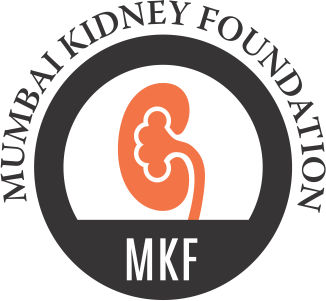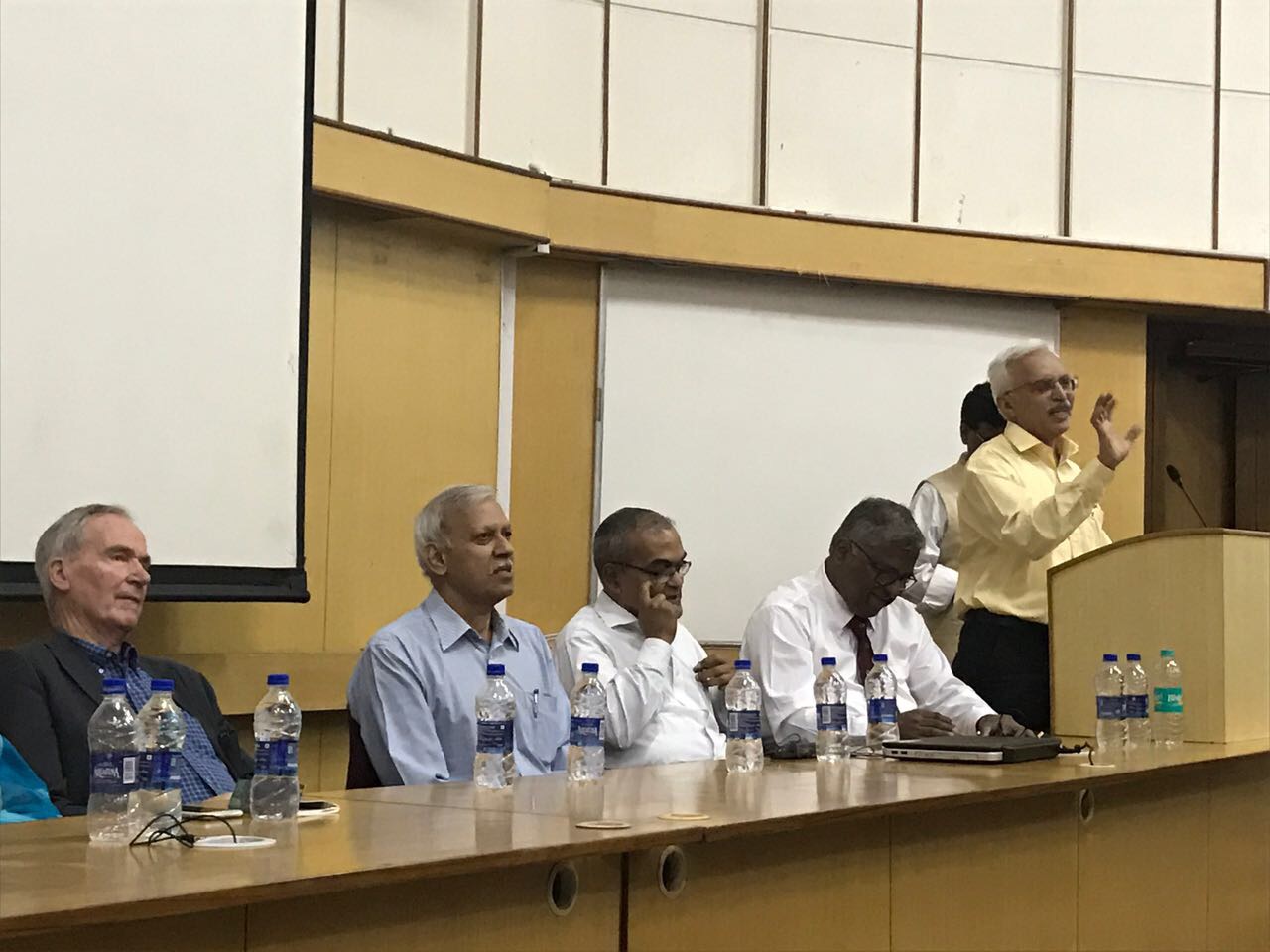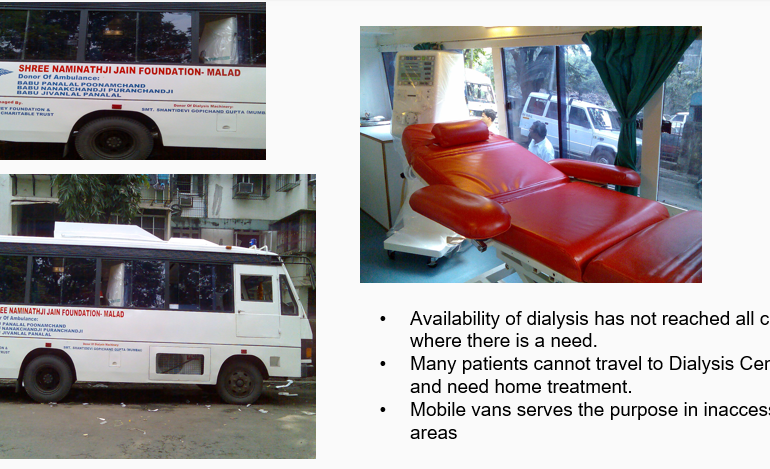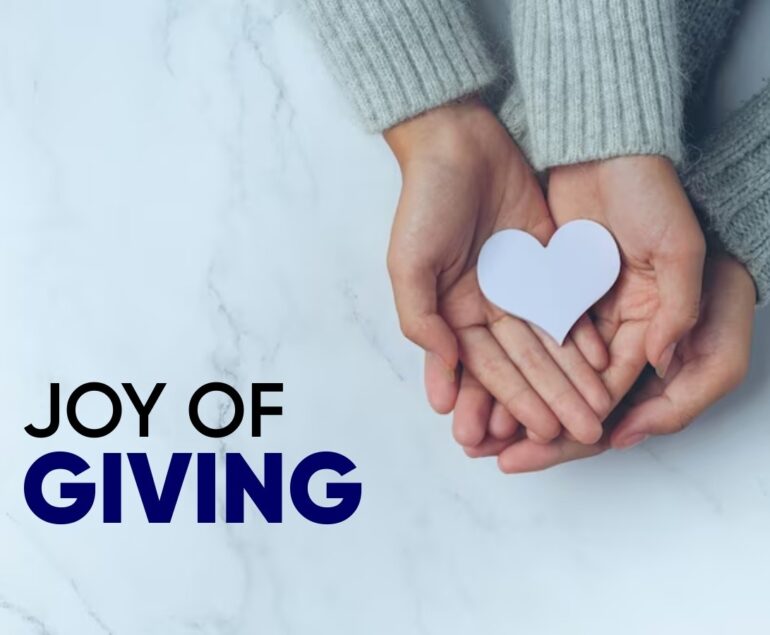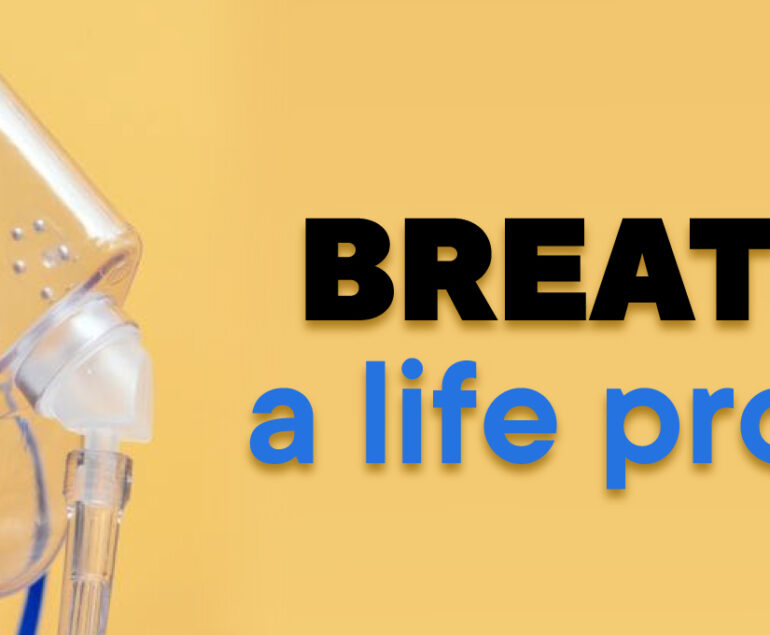While the country was celebrating the birthday of the father of the nation on October 2 2017, a group of doctors decided it was time to call for a ‘Salt Satyagraha’ again. The objective of this Satyagraha campaign, for which the medical experts have roped in NGOs and dieticians, is to get the government to raise taxes on the seasoning and adopt other measures so that the average Indian reduces his/her intake of it.
Dr Umesh Khanna, Consultant Nephrologist, Lancelot Kidney and GI centre and Chairman of the Mumbai Kidney Foundation explained that consuming salt and sugar above the daily stipulated limits leads to diabetes and blood pressure problems, which together claim as many lives annually as tobacco does. “But while cigarette packets must have mandatory pictorial warnings, the snacks one consumes on a day to day basis, carry no such announcements. Most of them aren’t even labeled with details about the salt content.”
Dr Hemal Shah who heads the department of nephrology at Saifee Hospital and is the secretary of the Mumbai Nephrology Group, added, “While an individual must not consume more than 5 g of salt a day, a small pack of potato chips alone contains about 7.5 g of salt, which is 1 ½ day’s quota, but there’s no label pointing this out nor any regulations that require food manufacturers to specify the salt content on packaging. Hence we are adopting a multi-pronged approach, to spread awareness and change regulations concerning food labeling. Dr J S Pai, Director for Nutrition, Government of India, was present at our first Mumbai event, held at IIT Mumbai on November 12. And, we will shortly be approaching the health minister for support too.”
Highlighting the dangers of over consumption, Dr Arun Shah, a senior nephrologist and renal specialist who practices at Lilavati Hospital cited an article that appeared in the New England Journal of Medicine, which, “stated that reducing dietary salt by 3 g per day is projected to reduce the annual number of new cases of coronary heart disease by 60,000 to 120,000, stroke by 32,000 to 66,000, and heart attacks by 54,000 to 99,000.”
Dr Khanna pointed out that the movement has already started to gather momentum with a number of doctors in New Delhi expressing their desire to be associated with it as well. “The Sapiens Foundation in Chennai has already been doing some work in this area. They had invited Dr Graham MacGregor, a professor of cardiovascular medicine who was instrumental in reducing the salt intake of UK residents to talk about the subject.”
The November 12 event saw several groups rally together to lend their support to the cause. Among them were Breach Candy Hospital Nephrologist Dr Bhupendra Gandhi’s NGO, the Amar Gandhi Foundation, which creates awareness about organ donation, Mumbai Nephrology Group, COREP Trust, the Mumbai Kidney Foundation, the Sapiens health Foundation (Chennai) Narmada Kidney Foundation, Indian Dietetics Association and all the Nephrologists of Mumbai (MNG). Currently, over 100 Mumbai-based nephrologists and dietitians and over 70 Chennai-based nephrologists and cardiologists are associated with the campaign.
Dr Khanna told us their approach involves spreading awareness by collaborating with NGOs and advocacy groups, and requesting the FMCG industry to manufacture low salt options of commonly eaten snacks. “We are also working towards getting the hospitality industry to mention the salt content of dishes on menus, offer low salt options of dishes, to take away the salt shakers from tables at restaurants (allow guests to ask for them, if they feel they must) and to place standees on tables with messages that encourage people to eat less salt.”




